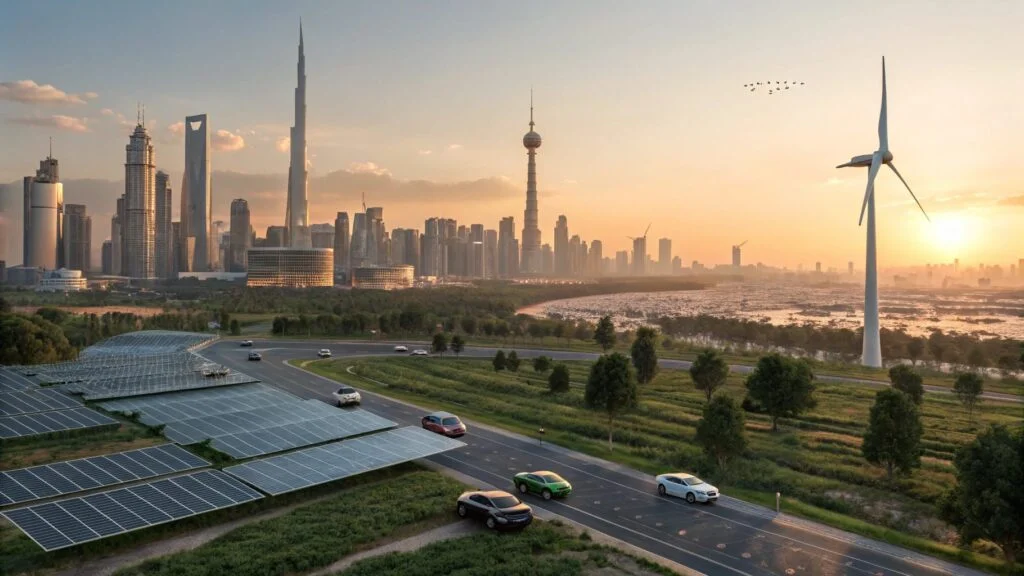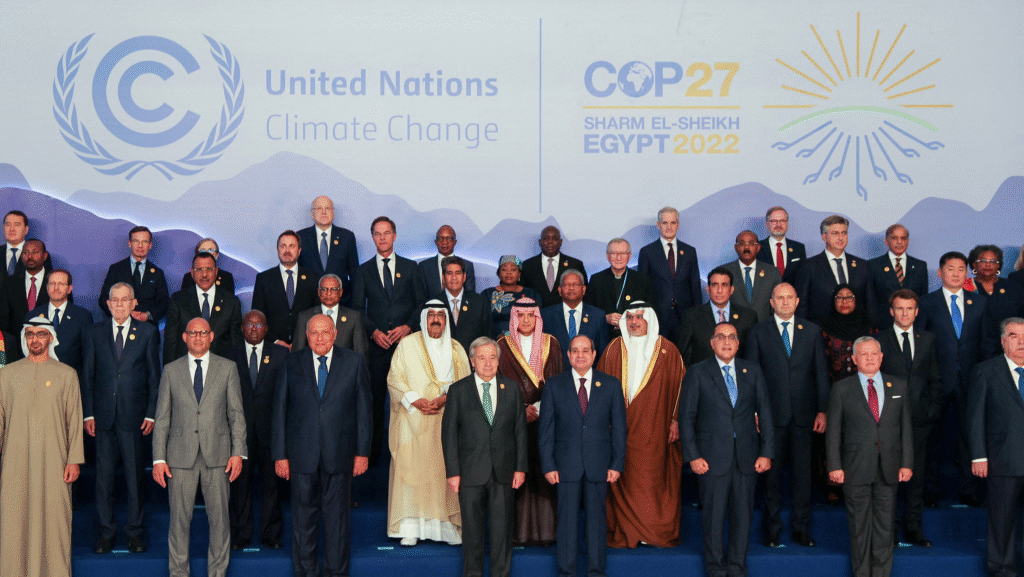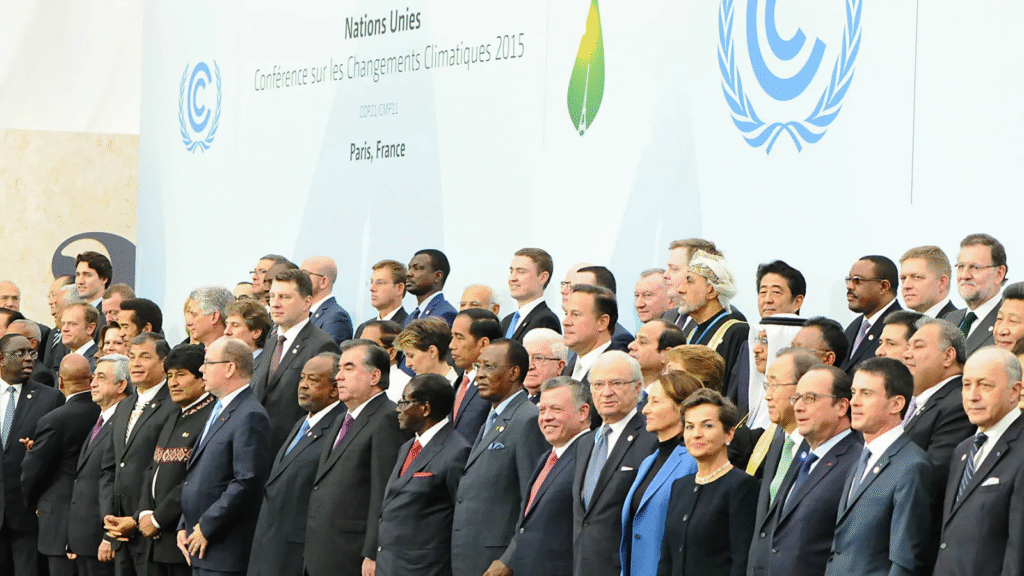Now Reading: World Leaders Unite at Climate Summit to Save the Planet
-
01
World Leaders Unite at Climate Summit to Save the Planet
World Leaders Unite at Climate Summit to Save the Planet

Table of Contents
In a powerful show of unity and urgency, world leaders, scientists, and climate activists gathered this week at the Annual Climate Change Summit, held in [Insert Host City/Country], to address the growing threats posed by global warming. With record-breaking temperatures, rising sea levels, and devastating weather events hitting nearly every continent, this year’s summit was seen as one of the most important in recent history.
The summit, attended by delegates from over 190 countries, featured intense negotiations, hopeful collaborations, and strong messages about the need for immediate action to prevent climate catastrophe.
The Science Is Clear – Act Now or Face the Consequences

At the heart of the summit was a stark warning from climate scientists: the world is not on track to limit global warming to 1.5°C, a key target of the 2015 Paris Agreement. Instead, current projections suggest the planet could heat by 2.5°C or more by the end of the century if drastic action isn’t taken.
Dr. Maria Estevez, lead scientist at the Intergovernmental Panel on Climate Change (IPCC), opened the event with a sobering message:
“We are at a tipping point. If we do not act boldly, we may cross irreversible thresholds for the Earth’s climate.”
Major Highlights from the Summit
Several key moments made headlines during the summit, showing both progress and challenges ahead:
New Climate Agreements Reached
World powers like the United States, China, the European Union, and India came to a historic agreement to cut their carbon emissions faster than originally planned. The deal includes:
- A 40% reduction in global carbon emissions by 2035
- Phasing out of coal in power generation by 2040
- $100 billion in climate aid to developing countries by 2027
U.S. President [Insert Name] called it a “climate peace pact,” saying,
“This is not about politics anymore. It’s about survival.”
Green Finance Pledges
One of the summit’s biggest wins was in climate financing. Major banks and private companies pledged over $500 billion to fund renewable energy projects, sustainable agriculture, and clean transportation systems across the globe.
This financing will support vulnerable countries in adapting to climate impacts like droughts, floods, and heatwaves.
Nature-Based Solutions Get the Spotlight
A new initiative called “Green Earth Now” was launched, aiming to plant one trillion trees by 2035. Countries including Brazil, Indonesia, and Congo pledged to halt deforestation and restore damaged ecosystems.
“This is not just about carbon. It’s about biodiversity, water, and our connection with nature,” said Amina Ibrahim, a delegate from Nigeria.
Climate Justice a Key Focus
For many, the summit was not just about emissions and temperature targets — it was about fairness. Small island nations and countries from Africa, Asia, and Latin America demanded stronger commitments from wealthier countries.
President Moana Talanoa of Fiji said passionately:
“We did not create this crisis, but we suffer the most. Climate justice must be more than words — it must be action.”
In response, a Loss and Damage Fund was finalized. This fund will support communities already suffering from climate-related destruction, such as hurricanes in the Caribbean or floods in Pakistan.
Voices from Youth and Civil Society
Outside the summit halls, thousands of young people and climate activists marched, chanted, and held signs calling for urgent action. Climate activist Greta Thunberg delivered a fiery speech, saying:
“Leaders come here, make promises, and go back to business as usual. We won’t stop until they act like our house is on fire — because it is.”
Youth leaders also participated directly in several summit panels, demanding a seat at the decision-making table.
Innovation and the Future of Green Technology
The summit also showcased innovations in clean energy, electric vehicles, and carbon capture. Companies introduced breakthroughs such as solar panels made from recycled materials and wind turbines that generate more power at lower costs.
Countries agreed to invest more in green research and development, with a shared goal of creating 10 million new green jobs by 2030.
What Happens Next?

Despite the ambitious pledges, the real test begins after the summit ends. Implementation, monitoring, and accountability will be crucial in ensuring these promises are kept.
Climate watchdog groups have already set up digital dashboards to track each country’s progress and hold leaders accountable.
The next review summit is scheduled for next year in Nairobi, Kenya, where nations will be expected to show measurable progress on their targets.
Final Thoughts
The 2025 Climate Change Summit sent a clear message: the world still has time to act, but the window is closing fast. The decisions made in these few days could shape the planet’s future for generations to come.
If leaders follow through on their promises, this could be a turning point in the fight against climate change.
Read More:- Deyaar’s Latest Announcement Shakes Up the UAE Property Market





















